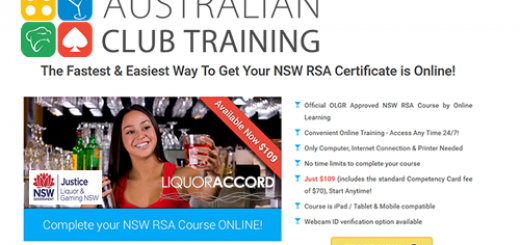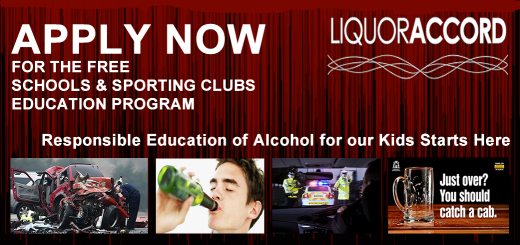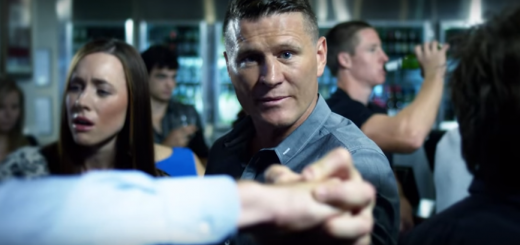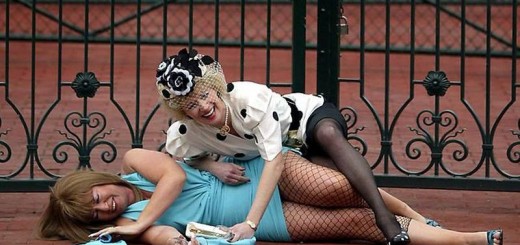Liquor Accord patron banning
Patron banning is a common liquor accord initiative that aims to deter antisocial behaviour and improve safety in and around licensed venues.
Over 30 liquor accords have now adopted some form of banning. Liquor accords should seek independent legal advice when considering implementing a banning initiative.
The Bundaberg and Bargara Liquor Accord recently received two highly commended awards in the Australian Safer Communities Awards Program for their education on safe drinking levels and their accord banning process. The accord has introduced a two-step banning process. The initial step, a Type One Ban, prohibits a person from entering the issuing premises only. Step two, a Type Two Ban, prohibits a person from entering all premises that are members of the liquor accord.
A Type One Ban involves the accord member issuing the person with a Notice to Stay Off Licensed Premises which prohibits them entering the issuing licensed premises only. The issuing licensed premises also advises the accord’s police representative of the ban. The police representative records the banning notice and reviews the reasons for the banning. Following review of the seriousness of the incident, a meeting of the accord committee may be convened to discuss the possibility of invoking a Type Two Ban.
A Type Two Ban prohibiting a person from entering all accord member premises is issued by the accord committee acting on and advising on behalf of participating premises. It is only issued as a result of a patron seriously assaulting or threatening another patron or an employee of the licensed premises, or being issued with two or more banning notices within the accord area. The police representative facilitates the discussion with the accord committee and, where the committee considers a Type Two Ban is necessary, the person will be offered the opportunity to meet with the accord members at the next meeting.
The meeting is arranged by sending the person a Notice of Consideration – Type Two Ban. The notice invites the person to either attend the meeting and speak with accord members or write to the accord explaining their circumstances. The notice is accompanied with help referral information (such as anger management counselling). The meeting provides the opportunity for patron education and gives the person a chance to demonstrate a change to their behaviour. The person’s response is taken into consideration before a final decision is made. This decision does not affect their Type One Ban which is still enforced by the individual premises.
Once a ban is issued, the individual is prohibited from entering the premises (or multiple premises in the case of a Type Two Ban) for a determined period of time. Persons found on premises which they have been banned from may face prosecution by Police for trespass under the Summary Offences Act 2005.
The banning initiative employed by the Bundaberg and Bargara Liquor Accord has been welcomed by the Bundaberg community, and local print media has championed the initiative, promoting the program and reporting on its successes. Since the initiative was introduced in 2008, the number of patrons banned each year has decreased significantly. Similar initiatives have been introduced by other liquor accords in the Wide Bay and Burnett region resulting in significant improvements in patron behaviour being reported throughout the entire region.
Liquor accord groups should consult with their police representative before considering whether the Bundaberg Bargara banning process is appropriate for their local area.
For more information about the Bundaberg and Bargara Liquor Accord banning initiatives please telephone OLGR on 3872 0881.








